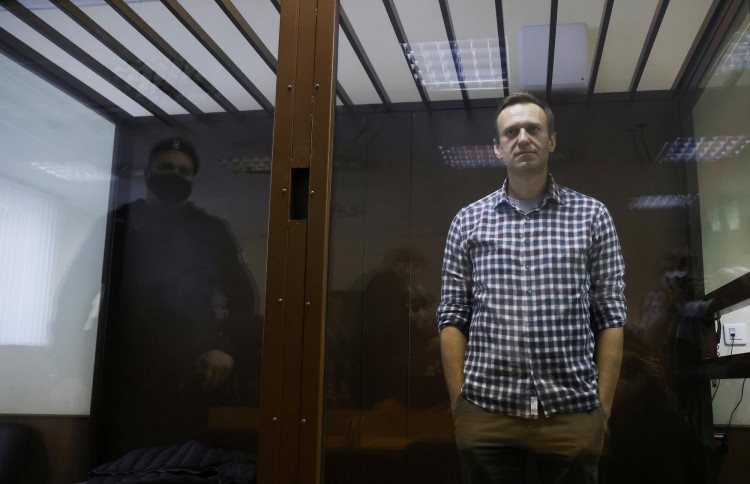The sudden and controversial death of Russian opposition leader Alexei Navalny has ignited a storm of international scrutiny and allegations, casting a long shadow over Russia's political landscape. Navalny, a vocal critic of corruption and President Vladimir Putin's regime, reportedly succumbed to what prison officials described as "sudden death syndrome" in a high-security penal colony near the Arctic Circle. This broad and non-specific term, often associated with unexpected cardiac arrests, has done little to quell the suspicions surrounding the circumstances of his demise.
Navalny's mother, Lyudmila, and his legal team were informed of his death, which occurred at 2:17 p.m. local time on February 16, according to official documentation. Despite their pleas, the authorities have withheld Navalny's body, citing an ongoing investigation as the reason for their reluctance. This has only fueled speculation and demands for transparency, with Navalny's spokeswoman, Kira Yarmysh, and Ivan Zhdanov, director of Navalny's Anti-Corruption Foundation, leading the call for clarity and the return of Navalny's remains to his family.
Eyewitness accounts and unofficial reports have added layers of complexity to the narrative. An anonymous paramedic, reportedly associated with the morgue handling Navalny's body, suggested to Novaya Gazeta Europe that the bruising found on Navalny was indicative of a struggle or seizure. This contradicts the official explanation and raises questions about the true cause of Navalny's death.
The international community has not remained silent. High-profile figures, including U.S. President Joe Biden and Secretary of State Antony Blinken, have expressed their concerns, hinting at foul play and implicating Putin's government in Navalny's untimely death. Biden remarked on the evident connection between Navalny's death and actions taken by "Putin and his thugs," a sentiment echoed by Blinken, who criticized the "fixation and fear" emblematic of Putin's governance.
Navalny's history of anti-corruption activism, his survival of a suspected poisoning in 2020, and his subsequent imprisonment have painted a target on his back, making the circumstances of his death all the more suspicious to observers. His efforts to challenge the status quo and expose governmental corruption have earned him a mix of admiration and enmity, with the latter seemingly culminating in his tragic end.
The Kremlin has vehemently denied any wrongdoing, dismissing Western reactions as "absolutely rabid" and unwarranted. However, the lack of transparency, the refusal to release Navalny's body, and the conflicting reports emerging from various sources only serve to deepen the mystery and the global outcry for justice.
As the world watches, the demand for answers grows louder. The narrative surrounding Navalny's death is far from complete, with each revelation adding more questions than answers. What remains clear is the profound impact of Navalny's life and death on Russian politics and the international stage, symbolizing the ongoing struggle for transparency, accountability, and the unyielding pursuit of truth in the face of adversity.




